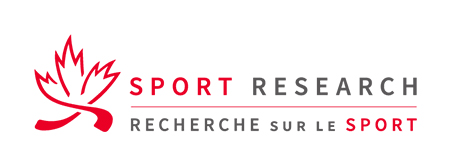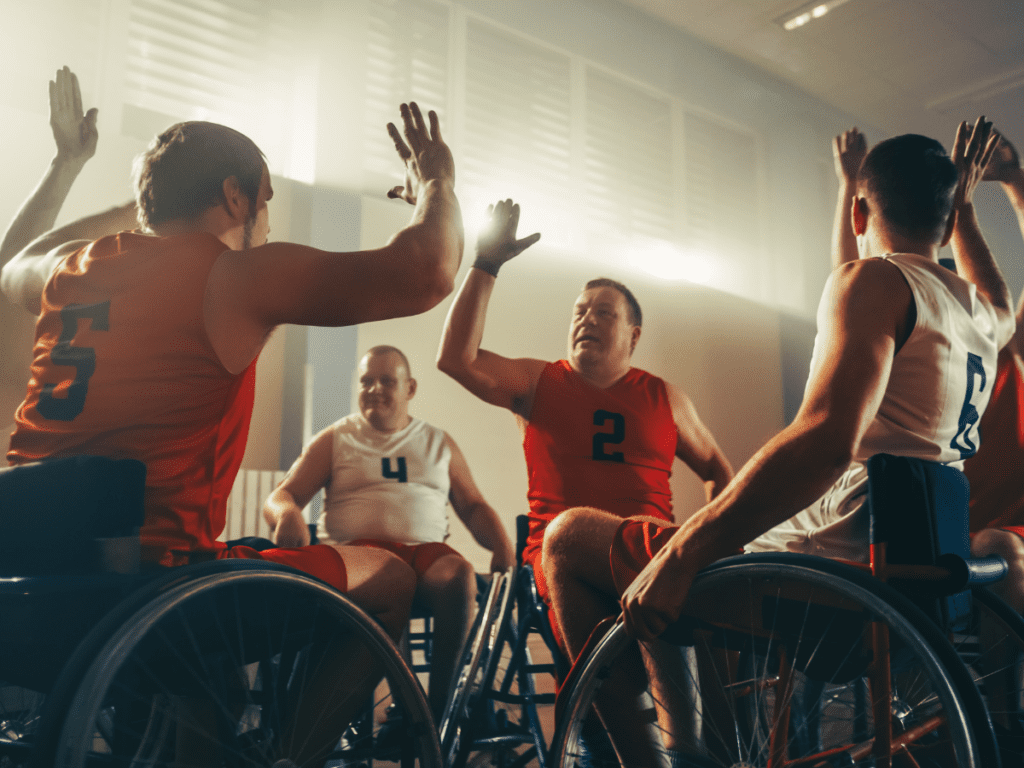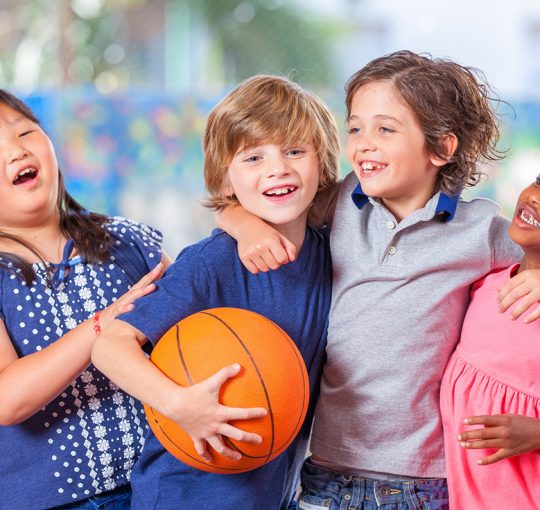Concussions in sport — we can do better
In his teens, Eric Mihalovic was a promising young hockey player. He was tough, a solid player with good hands. “I don’t think we even called the first one a concussion,” he said. “I was hit and my head bounced off the boards. I was 15.” Blurry vision in class and trouble concentrating were nothing…
IN BRIEF: Bio-Banding and Developmental Age
You’ve probably heard of the Relative Age Effect – the concept that when children are placed into groups such as school classes or sports based on their chronological age, those born early in the cohort may have physical or intellectual advantages compared to those born late, leading to selection for enriched opportunities that tend to…
Sport Participation Research Initiative: 10 years in review

The purpose of this presentation by Sport Canada was to provide an overview of the retrospective analysis of the first 10 years of the program encouraging sport participation research in Canada. The review was intended to understand: Amount of research undertaken; What research was published or shared; Theme areas researched; Sport Canada’s SPRI investments in…
Canadian Paralympic Committee Pathway Research Strategy

In today’s rapidly changing sport landscape, it’s critical to make every decision count – and make sure every dollar has impact. Many organizations are seeking ways to use data to inform decisions and assess outcomes. But how exactly do you to move from the concept of “evidence-informed” to tangible, deliberate application of research to your…
Concussions … Together We Can Make a Difference

This article presents a case study of how stakeholder collaborations can maximize engagement. The case is based off of a collaboration between the Sport Information Resource Centre and Dr. Ann Pegararo from Laurentian University exploring an analysis of social media communications around important announcements in the conversation around concussion in sport. Learnings show: Analytics help…
Inclusion in the Field(s) of Dreams?

The purpose of this project was to explore issues surrounding segregated sport for people with impairments and to address the question of whether or not segregated sport perpetuates inequity (Fay & Wolff, 2009). The specific objectives included: (1) Identifying the drawback and benefits of participation in segregated athlete training programs taking place in different settings;…
Highlights: Consensus statement on concussion in sport – the 5th International Conference on Concussion in Sport

Concussion is one of those topics in sport that has been increasing in prevalence over the last few years. It is most likely that concussion injuries have existed for a long time, however, the awareness of their symptoms, presentation and management have been largely hidden from the mainstream. High profile athletes who have shared their…
Canadian Concussion Collaborative – Sharing Tools and Resources for Concussion Education and Management in Canada
In December of 2011, 10 medical organizations led by the Canadian Academy of Sport and Exercise Medicine (CASEM) and the Canadian Medical Association (CMA) along with the Canadian Centre for Ethics in Sport (CCES) and the then Think First (now Parachute Canada) came together with a primary overall mandate to address growing needs of medical…
Health and Sport Working Together to Improve Concussion Safety in Kids
The growth in knowledge of the potential impact of concussion in recent years has prompted a demand for sports organizations across Canada to work with experts in health and health care to enhance the safety of athletes. One example of this is the collaboration between the Greater Toronto Hockey League (GTHL), the largest hockey league…
Underserviced Youth: Sports Participation Barriers and Best Practices

According to Statistics Canada, children who live in unsafe neighborhoods, children of new immigrants and children coming from low-income families are less likely to participate in sports. For children, joining a sports team is an opportunity to learn, create new friendships, and develop fundamental skills. Being part of a sport team not only keeps kids…